|
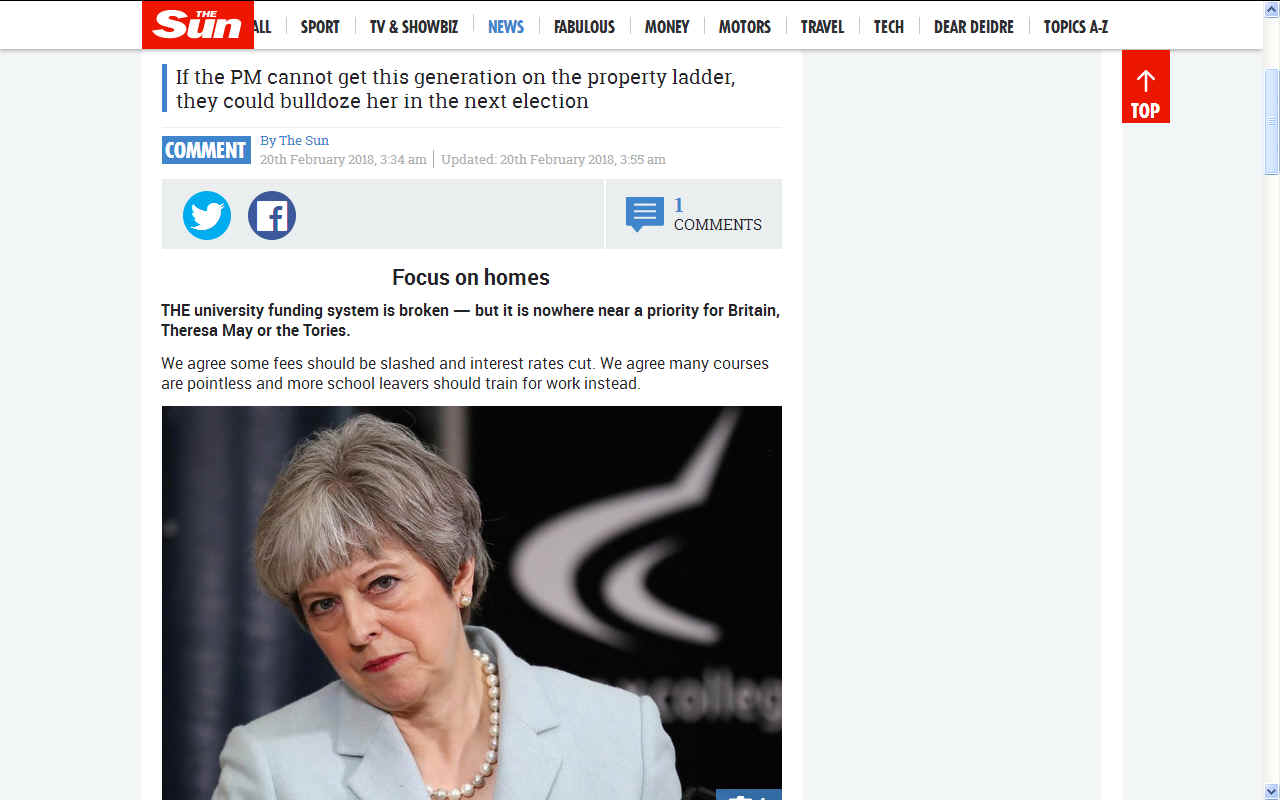
HOUSING
CRISIS - There is a simple way of averting the housing crisis, to
make proper accommodation affordable and relieve the stresses of life on
young families, but a dyed in the wool politician with connections to
big business will never go that route for fear of upsetting all her fat-cat
landlord allies in the Conservative
Party. For years councils like Wealden have been allowing wealthy
landlord supporters to milk the housing benefits trough
instead of building affordable housing. Councils control the housing
stocks under the present planning system, not the Government - who are
frightened of upsetting an inequitable system regardless of the National
Debt and the human suffering they are causing by not doing the right
thing.
THE
SUN 20 FEBRUARY 2018
Theresa
May’s review into university funding, announced yesterday after much briefing, should be seen for what it is - a deeply political move.
She is right to complain that English students face one of the most expensive systems in the world and that fees bear no relationship to quality or cost of courses.
But her attempt to tackle it is not a purely altruistic gesture – she is afraid
Jeremy Corbyn is using the mess to destroy her government.
The prime minister saw her credibility ripped apart when an old socialist wooed younger voters and nearly won an election.
She has fallen for the myth this was down to Comrade Corbyn’s pledge to ditch tuition fees.
In her speech in Derby yesterday she at least ruled out matching then Labour leader’s absurd pledge – something that will cost £11bn, money that would be better spent on health, housing and schools - saying she had no plans to ditch fees.
But what exactly her “year-long” review will suggest remains unclear. Indeed, when you consider the facts, such a lengthy review seems pointless.
The time to act is now. The problems with university finances are staring everyone in the face.
And they are certainly not tuition fees.
Fees, albeit steep, have in fact been a big success - funding higher education expansion and boosting numbers of poorer students.
They are also remarkably progressive.
Corbyn says fees deter working-class children. This is nonsense.
Britain has a successful funding model, envied elsewhere, that avoids up-front fees and backs one of the world’s best university systems.
May was right to state that those “who benefit directly from higher education should contribute directly towards the cost of it”.
Annual charges of £9,250 sound daunting but biggest burden falls on richer students since low-earners never pay back charges that are cancelled after 30 years.
Graduates only start paying back fees when earning more than £21,000 - which is being raised to £25,000 later this year, only slightly below average salary levels.
Charging the same fee for all courses may also be mostly beneficial. It might sound sensible to charge less for an arts course than science given suspicions that universities push them hard since they are so much more lucrative to operate.
But this could backfire. Arts courses subsidise more costly degrees - and the last thing Britain needs is for blundering politicians to end up incentivising students to choose cheaper English and history courses over chemistry, physics and medicine.
So, the problems. Interest rates on fees have become extortionate and must be slashed instantly. Currently they stand at a whopping 6.1 per cent - so students can rack up £5,000 in interest charges alone before they have even left university. This is almost
state
racketeering.
Grade inflation also needs challenging. There has been a 40 per cent rise in students graduating with top honours over the past four years, underscoring fears of some employers such degrees are fast becoming worthless.
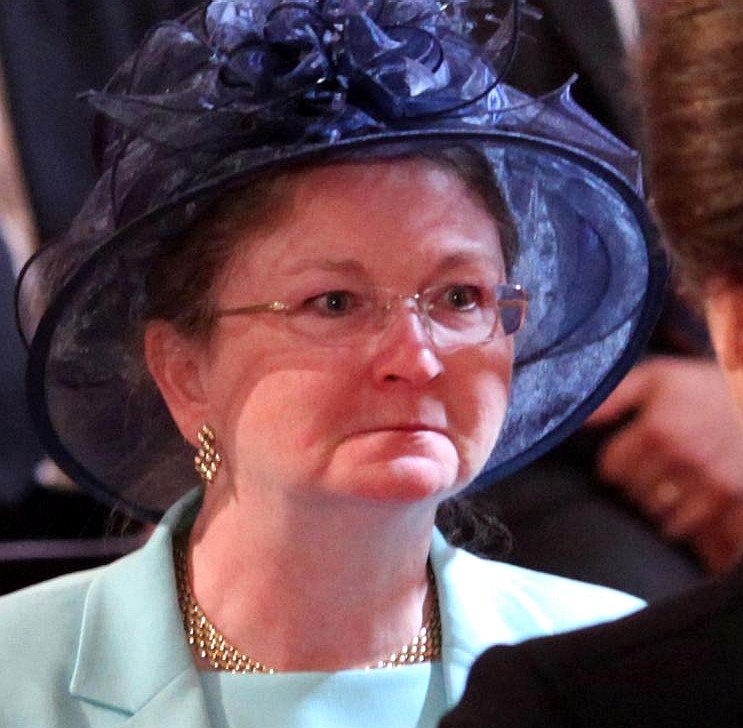
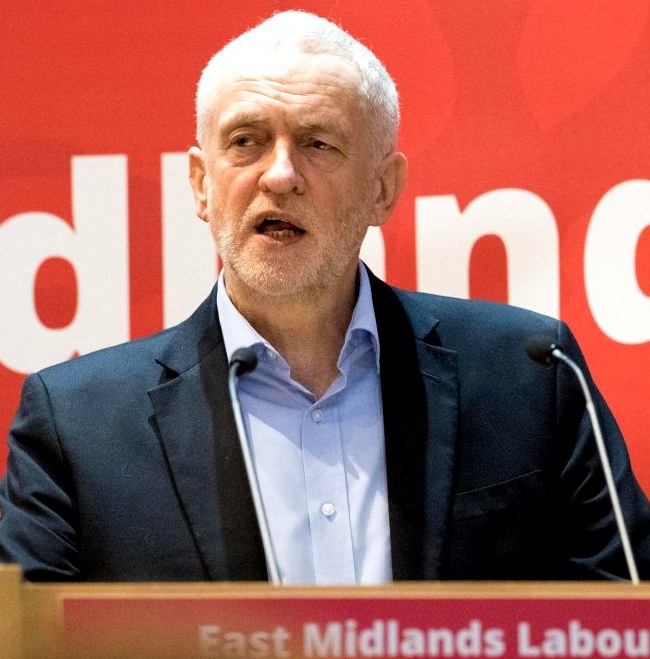
More variety of courses should be offered.
At present the higher education sector looks like a cosy club determined to deter choice and competition. It focuses on getting hordes of students through the gates paying top whack for three year courses rather than innovating with different ways to do things (as you might expect in a university).
Why do we not see more two-year degrees? These would let motivated students rattle through courses to join workplaces before running up bigger debts, saving £20,000 over more sluggish classmates. Almost half of students could be interested, according to a YouGov poll. Oh, and the average student received only 11 hours teaching a week.
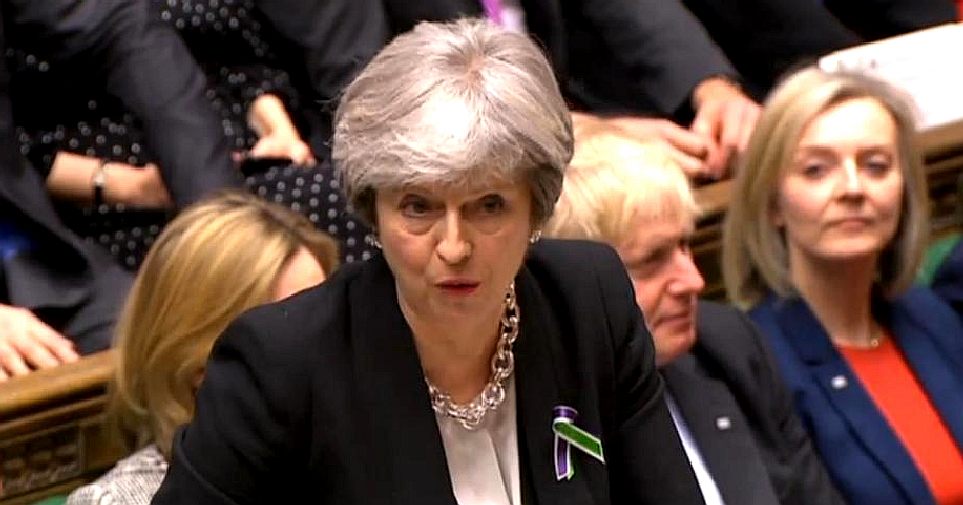
Salaries for university top brass must also be overhauled.
All too often, the biggest beneficiaries of soaring fees seem to be fat cat bosses rather than those slogging through their courses.
Birkbeck, University of London, was ranked 122nd out of 129 universities by the Sunday Times annual guide - but handed its master Professor David Latchman £392,287.
In a separate report that looked at what institutions offered the best boost to poorer students potential salaries, Bath, a blue chip university, came in just behind Teeside in 67th place.
This did not stop its vice-chancellor Glynis Breakwell pocketing a grotesque £468,000 annual package of pay and benefits.
Breakwell is quitting following outrage over her greed - but still plans to stay in post until August and then take a six-month paid sabbatical.
It was encouraging to see May take aim at these gilded academics in her speech.
And finally, government should reverse their stupid decision to abandon maintenances grants which increased the debts of poorer students.
May can’t outbid Corbyn with his silly promises and fag packet economics. So if she really wants to challenge Corbyn, they should passionately defend a progressive fee system that rests on the well off.
Instead of kicking much-needed reforms into the long grass, Mrs May should just tackle them now. It would, after all, be nice to see action rather than talk from her divided government.
Then she could start tackling matters that matter far more to younger voters by investing in housing and sorting out the creaking health service.
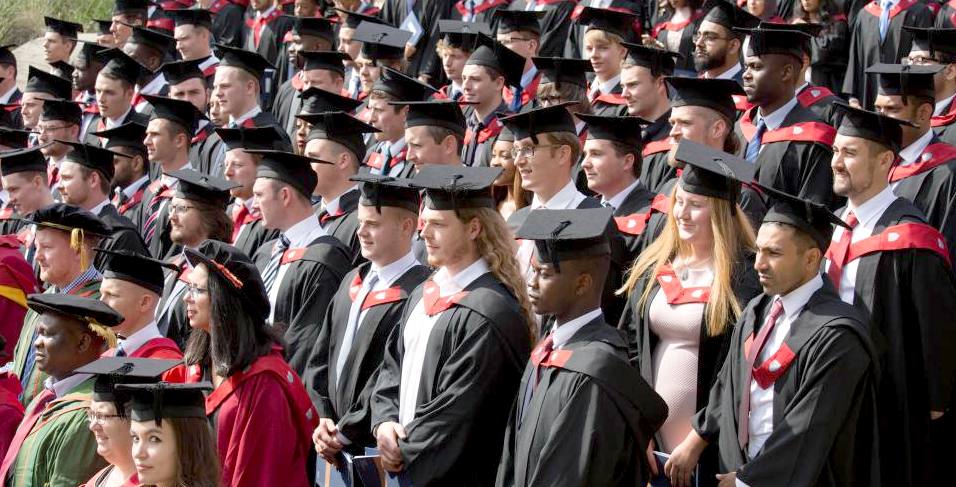
20 FEBRUARY 2018 THE SUN SAYS - Theresa May should focus on the dire shortage of affordable homes for millennials
If the PM cannot get this generation on the property ladder, they could bulldoze her in the next election
THE university funding system is broken — but it is nowhere near a priority for Britain, Theresa May or the Tories.
We agree some fees should be slashed and interest rates cut. We agree many courses are pointless and more school leavers should train for work instead.
We agree that the system is right in principle. That it has increased the number of working-class kids studying and relieved an already hard-up public of the extra
taxes otherwise needed.
But Mrs May is merely tinkering in the vain hope of competing with Corbyn’s economically insane free-for-all offer.
She cannot and must not. It’s a distraction from what really matters to millennials: the dire shortage of affordable homes to buy.
That’s why so many under-45s, not just students, back Labour.
The Tories must tackle suffocating planning rules, sluggish developers and NIMBYs preventing houses being built.
Fix those, PM. If you cannot get this generation on the property ladder, they could bulldoze you.
Thatcherism
- it is unfortunate that Glenda Jackson's comments about Margaret
Thatcher are quite correct. The fact that Margaret got so much so wrong
for so long, does not do away with the fact that she was allowed to lead
the company
LINKS
& REFERENCE:
https://www.thesun.co.uk/news/5619473/theresa-may-affordable-homes-crisis-sun-says/
https://www.thesun.co.uk/news/5618235/theresa-may-uni-review-grade-inflation-tuition-fees-ian-birrell-opinion/
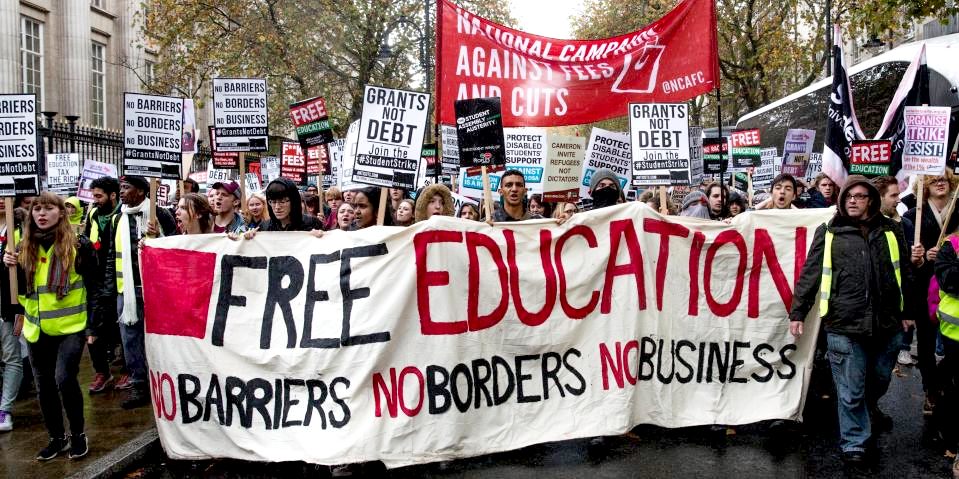
|





